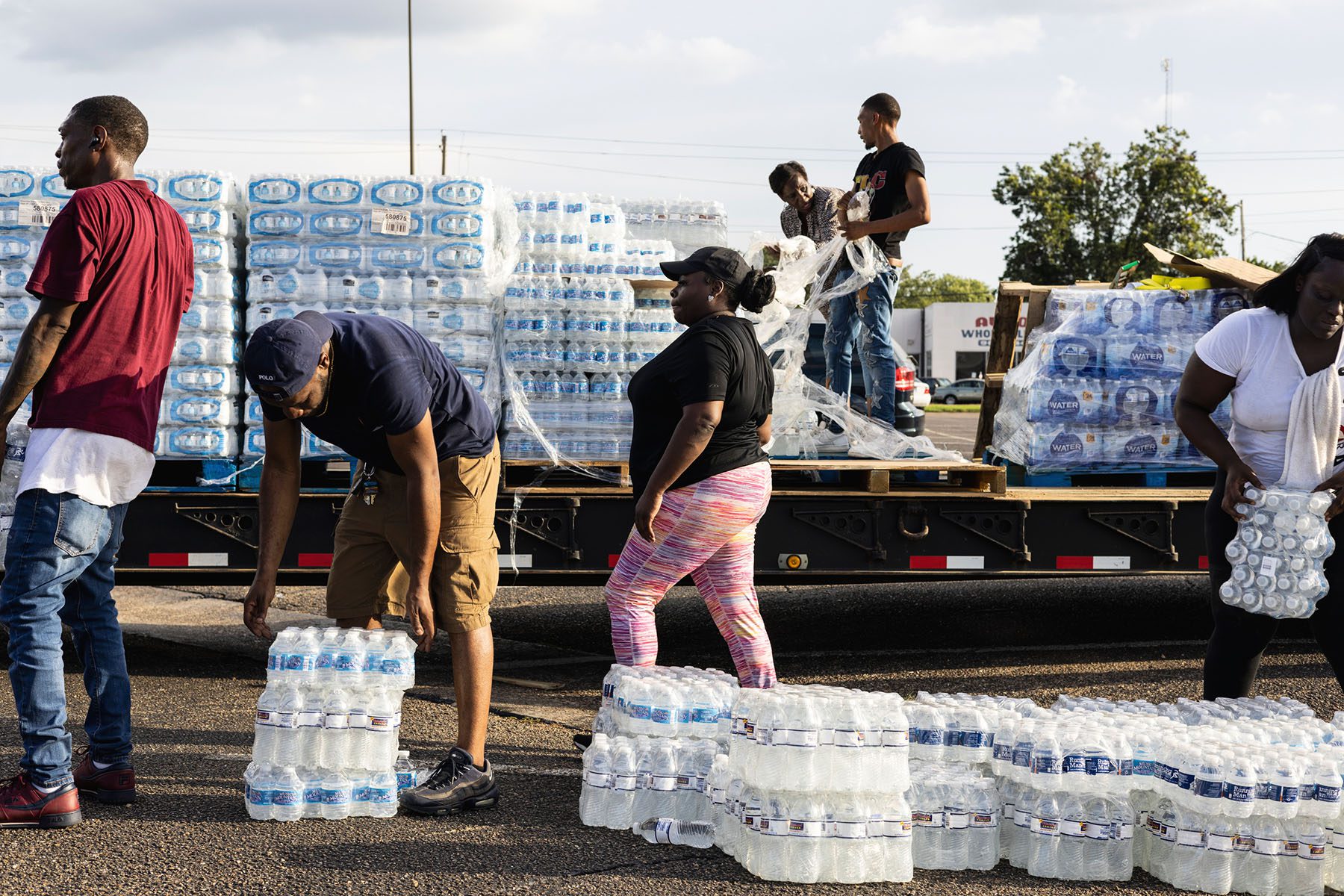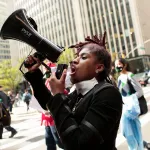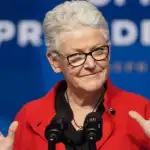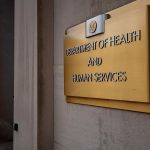For over a century, the NAACP, one of the nation’s leading civil rights organizations, has worked to combat racial discrimination and segregation. Through litigation, get-out-the-vote efforts and policy work, the organization has fought for fair housing, voting rights, education and criminal justice reform, among other initiatives.
In more recent years, the NAACP has expanded its focus to bridge the fight for civil rights with that of environmental health. The organization has fought against coal-fired plants in communities of color and sued the state of Michigan over the lead-tainted water in Flint that was poisoning children and pregnant people. Elsewhere, the organization is working with local chapters in states impacted by Hurricane Ian to fill information gaps with the Federal Emergency Management Agency (FEMA).
Now, the NAACP is working in Jackson, Mississippi, where a failure in the water treatment plant thrust the city’s decrepit water infrastructure into the spotlight. Over 80 percent of the population in Jackson is Black.
The 19th recently spoke with the NAACP’s new director of climate and environmental justice, Abre’ Conner, about the organization’s role in the fight against environmental racism, the Biden administration’s promises of environmental justice and the importance of the midterms.
This conversation has been edited for length and clarity.
-
More from The 19th
- Without clean water, parents in Jackson, Mississippi, struggle to provide
- As the EPA introduces environmental justice office, the ‘mother of the movement’ remembers the Black women who led the battle
- How tobacco companies got women, Black people and young people hooked on menthol cigarettes
Jessica Kutz: How did you become involved in environmental justice work?
Abre’ Conner: Well, I’m originally from the south, from Central Florida, and I grew up with a lot of breathing issues. I didn’t realize at that point the connection between the breathing issues that I had, the air quality where I was living, and the disproportionate impact of where [power] plants and things like that were located. Once I got to college, I knew that I wanted to do civil rights work. When I got to law school was when I really recognized that there is no ability for us to do civil rights work or racial justice work without there being a true incorporation of environmental issues. And so, I took environmental law and I did my critical race theory paper on environmental justice issues. I was also the National Black Law Students Association policy lead. Our focus over a decade ago was on environmental justice, and how law students could be more involved at the policy making level.
What was really important at that point and what I still feel is really important today, is that in order for us to continue to move this movement forward, the young people and folks for generations to come have to continue to carry the torch of the work that’s been in place for decades.
What are some of the main issues that the NAACP is working on in the realm of climate and environmental justice?
We continue to work on trying to eradicate the discriminatory impacts of having bad air, water and soil quality in our communities. So right now, the work in Jackson, Mississippi, is really reflective of quite frankly, all of those areas.
We are also working on disaster resiliency. We know that Black folks, and Black women and girls in particular, are more likely to bear the brunt of climate change. And when natural disasters and manmade disasters hit, they’re more likely to be disproportionately impacted.
We continue to do work on energy issues, and getting to a place where we’re in the net when it relates to the carbon footprint that we know that Black communities aren’t actually leaving but are bearing the brunt of. For example, there are chemical and fossil fuel plants that are placed in those communities. Then, of course, really centering our branches and our state conferences in those communities in the things that they’re saying are really of most importance.
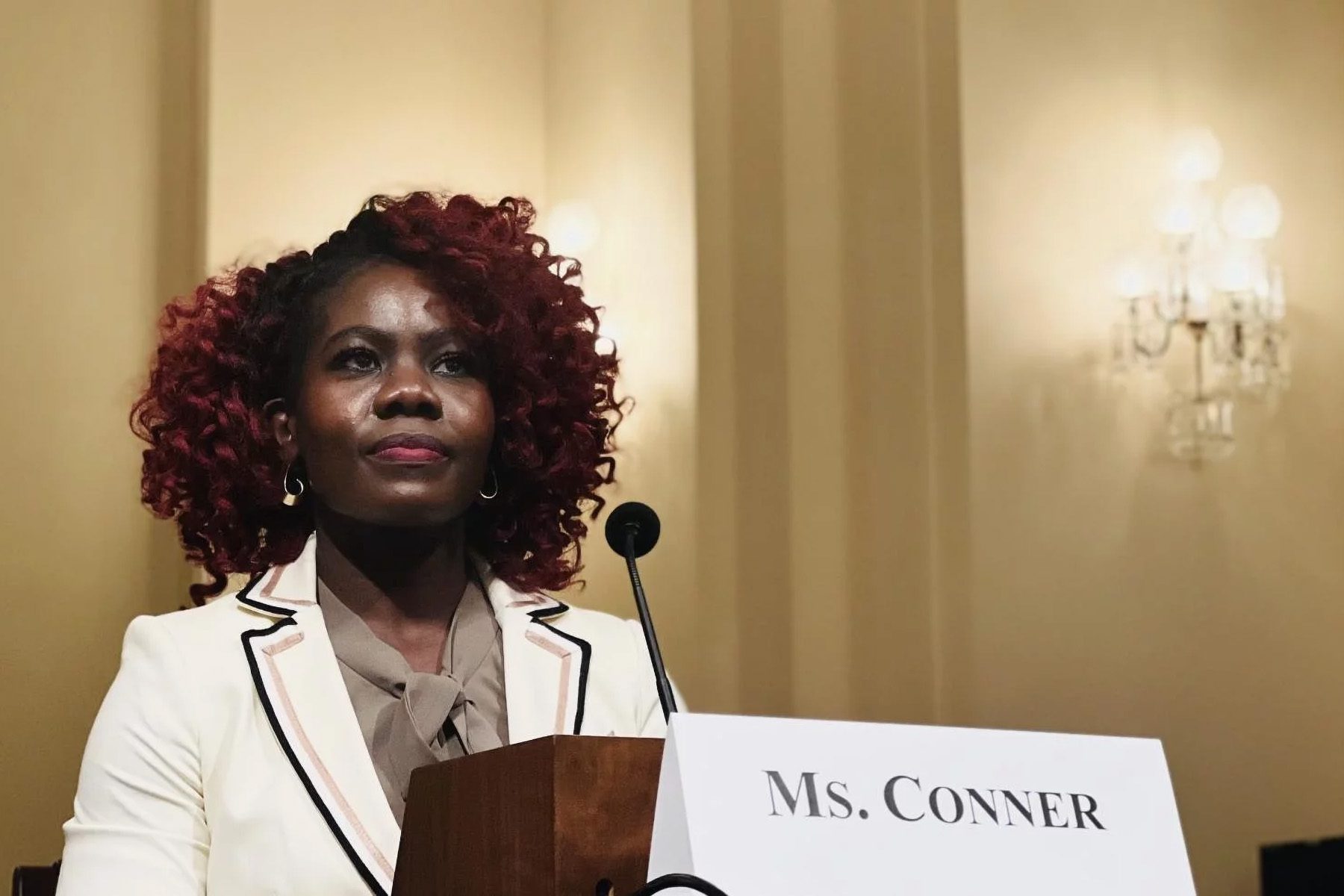
You recently testified before Congress at a hearing on water infrastructure, specifically related to the water crisis in Jackson. What are some of your main concerns with what’s been an ongoing issue there?
What I shared in the hearing was that I have come to Jackson a number of times — I’m in Jackson right now — and what we were actually hearing from folks on the ground was how they had known for years that the water was not safe. They’ve been drinking bottled water forever. And there was this almost dismissiveness by the state, by the governor, every single time that a request was made to fix the water issues.
There’s all this money now. There’s more money than ever under the Bipartisan Infrastructure Law and under other streams of funding that are supposed to flow to communities. However, the state gets to allocate that out. So even if there are millions of dollars that should be going to Jackson, if you have a governor who says, “I’m not going to allocate the funding in that way,” then it doesn’t serve that purpose. There needs to be another way to ensure that funding actually reaches communities.
A day or so after the hearing, Congress was able to allocate $20 million straight to Jackson and bypass going through the state. We felt like it was a great first step in Congress, in thinking creatively and outside the box.
How do you see gender playing into these issues?
Whenever there is a water crisis, like in Jackson, women and particularly childbearing people are more likely to be the most vulnerable populations when it comes to water pollution, air pollution and soil quality.
Also, the individuals who are typically at the center of actually sharing issues that come up as it relates to environmental and climate justice tend to be women, but they’re not necessarily the people who are centered when it comes to coming up with solutions. Something that’s really important to us is thinking about who’s actually at the table, and Black women specifically have often been left out of the conversation for solutions.
You’ve mentioned the Biden Administration’s environmental justice initiatives like Justice40, which aims to direct 40 percent of federal funding to disadvantaged communities. How would you say the administration is doing with environmental and climate justice work?
The promise and prioritization is really great. In practice, the problem is that without there being enough focus on Black communities, we are going to likely continue to see Jacksons. We’re going to be more likely to see Black communities pushed to the side, even though this Justice40 initiative is supposed to happen. One thing that is really important is that federal agencies understand that it’s not just the Environmental Protection Agency, it’s not just FEMA, it’s not just one or two of these agencies, all of the federal agencies are supposed to be thinking about Justice40. Some agencies are starting to think about this proactively, like Health and Human Services. But many agencies don’t even realize that they’re supposed to be thinking about Justice40 and offering guidance to states on how they should be implementing it.
Another critique is that if there’s going to be Justice40, that means agencies are going to have to be willing to do things that they’ve never done before. If that means that the EPA needs to reject an intended use plan if it doesn’t actually reflect Justice40, then that’s what they have to do. There has got to be a true accountability mechanism to ensure that money is actually reaching places that have been historically disinvested in.
That level of accountability, we haven’t seen yet. But we’re hopeful that this administration will continue to iron out those details, because it’s here now, and communities are being impacted by what states are doing already.
What role could the midterms play in strengthening the government’s policy making on environmental justice and race?
It’s going to be crucial for us to address the crises that we’re facing, and ensure that we have proper infrastructure. We need leaders who are informed and prepared to act when disasters hit. We look at the number of Black governors: there’s only been four in history. For Black women, the numbers are nonexistent. So the people who are at the crux of facing these issues are less likely to be in the position to actually build out that power in a way that helps their communities on the ground.
This year, we have an opportunity to elect a historic number of Black women in all levels of government. We have an opportunity for us to really be heard and to ensure that folks who are more likely to bear the brunt of environmental and climate racism, that we’re showing up for them.
